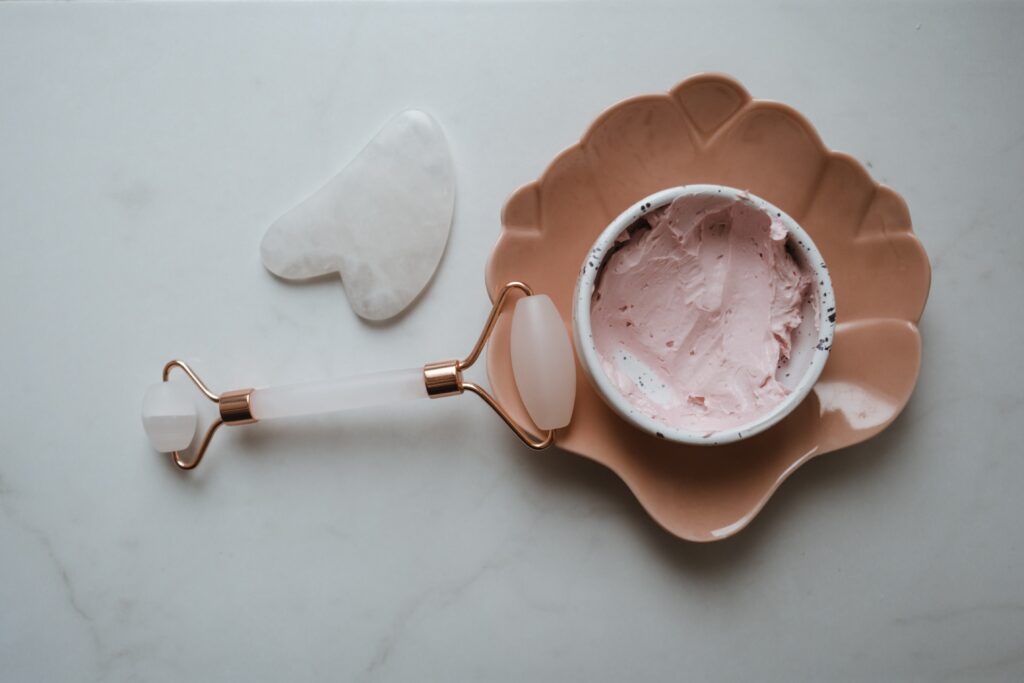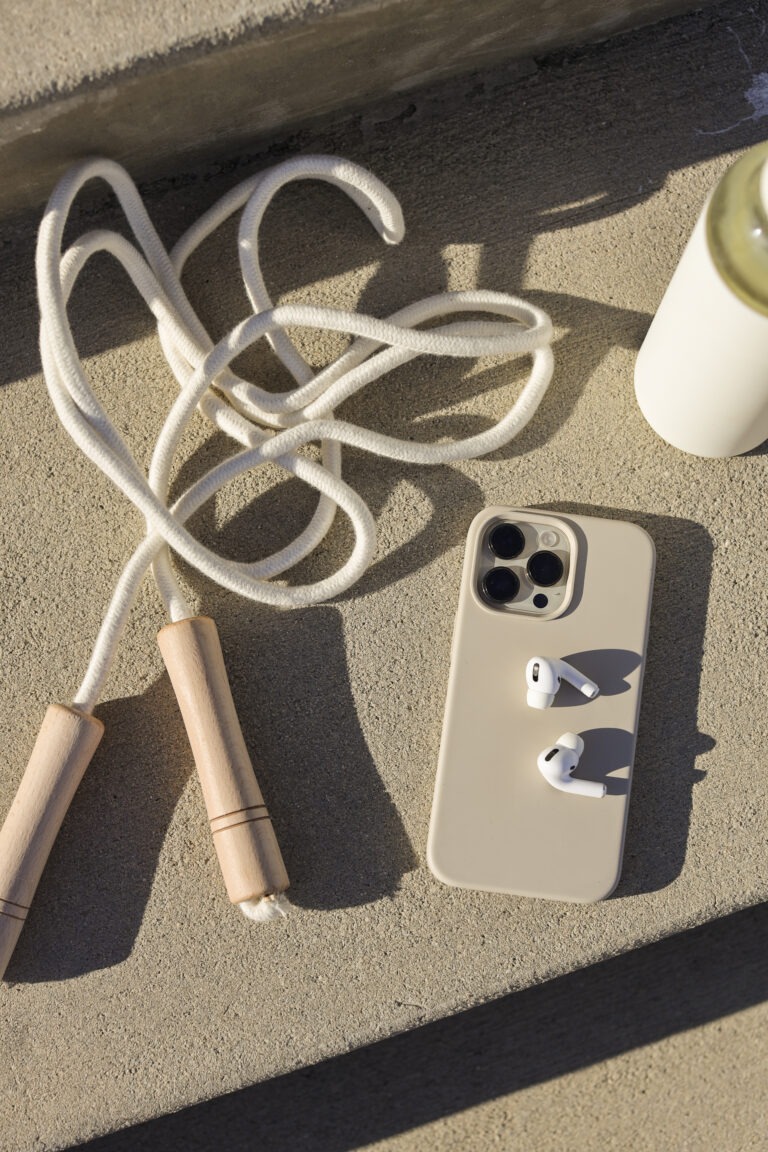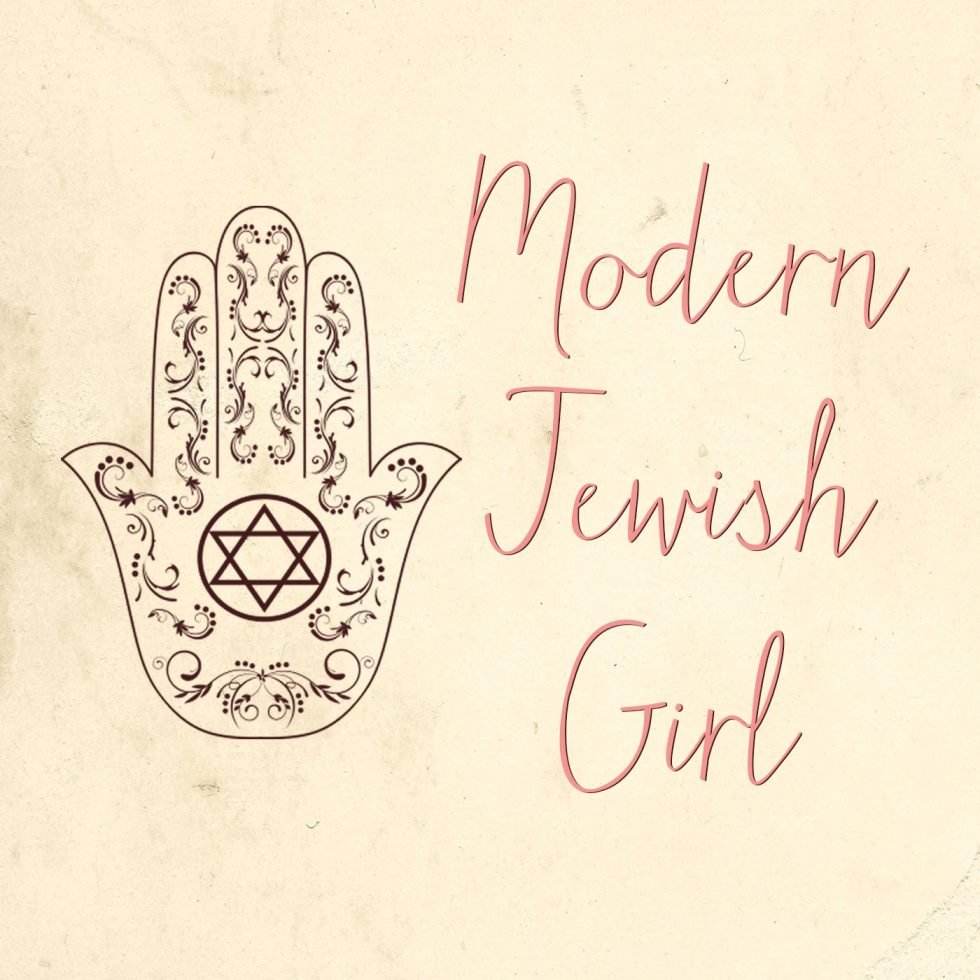Whether you’re burnt out from an exhausting year, looking to inject some freshness into your daily routine or in serious need of just feeling better, there’s a tip here for you. With lockdowns in place again in many parts of the world, days can feel monotonous and taxing. No matter what you’re going through, these practices from acupuncturist Miriam Pineles will help you get back to the best you.
1. Check out Gua Sha

You may have seen this one around Instagram—it’s definitely a current trend among influencers. They often show off the flat jade or rose quartz massage tool by gently scraping it over the skin in upward strokes to increase circulation and, therefore, revitalize the complexion. Whether or not the process really works is up for debate, but Miriam says it does. She’s seen the results herself—and for way more than just aesthetics.
Miriam explains that Gua Sha enhances blood flow and releases muscle tension and stress. It can also be used in different areas of the body to help with nausea, lung issues, neck and shoulder pain and more. Children can even use it for coughs and colds and pregnant women can use it to ease morning sickness. She says it can also help in the jaw region if you’re suffering from TMJ by enhancing blood flow in that area.
They’re rather inexpensive; you can easily find a variety to purchase around the Internet. Lost at where to begin? Miriam made a demo to help you try it at home. While her YouTube just went private, you can email her, and she’ll gladly send you a how-to video.
2. Express gratitude
I know, I know, you’ve heard this one a million times (and maybe more!). Being grateful for what we have is supposed to increase happiness, but it can be hard to infuse gratitude into our daily being. Writing lists of what we are grateful for and expressing those thoughts aloud can help tenfold. Early on, Miriam would write out just five things a day she was grateful for. She did a 40-day challenge and then it became a habit. After that, her practice evolved into speaking directly to Hashem about it.
It can work even during a difficult moment. “If I’m rushing somewhere and nervous because I’m running late, I’ll take a minute to say, ‘Thank you Hashem for this meeting. Even though I’m not on time, I know it’s going to work out,’” she shares. “Gratitude opens you, helping you reframe your situation versus being in a place of constriction and stress.”
“You will see with time that everything really does work out in the end,” she continues. “With the example above, I’ll get to that meeting and sure enough, the other person will come in and apologize to me that they’re late!”
“Gratitude opens you, helping you reframe your situation versus being in a place of constriction and stress.”
Miriam Pineles
3. Try hitbodedut
If you’ve never heard this word before, don’t freak. It may sound like gibberish or a little woo-woo but, really, it’s a form of prayer that’s all about talking to Hashem in your own words.
In Hebrew, hitbodedut translates to “self-seclusion.” Rabbi Nachman (1772-1810, the founder of the Breslov Hasidic movement), popularized the practice, turning it into an unstructured prayer and meditation where you simply speak. You can practice it anywhere at any time—while you’re walking into the grocery store, washing dishes, on a drive or, ideally, going out into nature and just sharing what’s going on with you.
“It was definitely awkward in the beginning and something I avoided,” Miriam shares. “But I made a designated time for it—I sat on the couch or a pillow on the floor. I started with some scripted prayers to help me out and then just went from there.”
“I cannot emphasize enough how vital a hitbodedut practice is for healthy and whole living,” she shares. “Not only do you benefit from constantly connecting with your Creator, but you find your center, peace and the solutions to challenges in your life.”
4. Experiment with new skills

All this being said, hitbodedut may not be the thing you jive with, and that’s okay. “Sometimes after a long hard day I can’t or don’t want to speak,” she says. “But I’ll lay in bed, put on music that is meaningful to me and breathe.”
Miriam recalls a patient who she recommended hitbodedut to. “She found it interesting and went to try it, but what worked for her was something more visual, Miriam notes. “She didn’t want to use speech. She just went into her mind and her breath and felt more centered and connected that way.”
Sometimes, a practice may be popping up everywhere, but it can make you feel pressured to do it when it’s not something that really works for you. Use these tools as a jumping-off point, but then tailor them to who you are. Maybe you feel the most centered while drawing, gardening, making pom-poms, knitting or journaling. Honor yourself and the way you’re feeling. You’ll get to know yourself better in the process and feel more connected.
5. Pay attention to your body
As an acupuncturist, Miriam is well aware that our bodies signal things to us all the time. “We’ve become so robotic in our activity. We’re too often rushing around or numbing ourselves,” she says. “A twinge in the neck or a flutter in your heart are often signs that something is not as it should be—you’re moving too fast or in a conversation that’s uncomfortable. Your body is your best friend. It’s your protector, and will always signal how to get back into balance, to be safe and to become our best selves.”
She explains that she had a teacher in Chinese medicine school who said a symptom in the body is like the engine light on your car—the light comes on when the car needs support. A racing heart or a stomach cramp may not mean a medical issue, but perhaps a call to sleep more, to work on communication, to tend to your soul more and so on.
By taking a minute to breathe, and taking note of what we’re feeling and how it’s being expressed, we can figure out how to get back to our center — or at least know where to begin when we seek help. Miriam recommends turning off technology for a moment, taking some deep breaths and checking in with yourself. Do a body scan. Then you can start to make adjustments.
6. Get granular with your mindfulness

Mindfulness is a big buzzword. We all want to achieve it, but with something so overarching, it’s hard to know how. Miriam demonstrates one way to do so through her morning coffee.
“When I started my gratitude practice, I wrote down 10 things I love about coffee,” she explains. “I focused on the taste, the temperature, the aroma, the ritual. So, when I have my coffee, I try to be really in it. It’s not just that it makes me feel more alert, it’s recognizing that I enjoy it and that makes it even more enjoyable.”
Doing this just a couple times a day can really enhance daily rituals that may have become mundane. By being more present in these moments, you’ll savor them more, which can only lead to further happiness.
7. Turn off the tech at night
You’ve probably heard this one before, too, but hearing Miriam’s evidence of why it works makes it all the more motivating. She turns tech off two hours before she wants to go to sleep, but if that’s not realistic, start where you can.
“In Chinese medicine, we call night the yin time. It’s the feminine time, the time of the moon,” she says. “I know a lot of people use it to clean up from the day and prepare for the next day, but it’s a time to receive and really nurture ourselves.”
She stresses the importance of taking a pause from your to-do list and winding down for then night with a warm bath, a nice book, spending time with a loved one or meditating, anything that helps your physical body wind down.“We are not machines,” she explains. “By tending to ourselves we are able to rest, recharge and explore more facets of life.”
“We are not machines. By tending to ourselves we are able to rest, recharge and explore more facets of life.”
Miriam Pineles
8. Put your activity in the morning
Conversely, the morning is all about the sun. “If the night is feminine and receiving, the sun is about action and activity,” she says. So many people want to wake up earlier and be morning people, which Miriam says actually starts with the night. “You have to practice softness in the nighttime so you can wake up with energy and accomplish everything you want the next day,” she explains.
The Chinese actually have their own clock, she says, where every two hours are associated with a different energy you’re supposed to be utilizing at that time. For example, 7-9 p.m. is associated with the pericardium, the protector of the heart, so it’s a time to nurture and love yourself. In the morning, 3-5 a.m. is associated with the lungs and 5-7 a.m., the large intestine, so it’s a time we’re meant to do our breath work and exercise.
9. Release negative feelings in the moment
You know when someone says something to you that hits a little too hard? You feel it in your gut, and it hurts. Sometimes you just want to tell someone about it immediately to feel better but that can all too easily turn into lashon hara (gossip). Miriam’s advice is to speak it out, but to tell it to Hashem.
Right there in the moment, or a few minutes afterward, when you have privacy, you can tell Hashem what happened and then say out loud, “I’m going to release it,” or “I’m not going to take that personally,” or, “What is this teaching me?”
Miriam can’t stress the importance of this enough—your life could depend on it. “Heart disease is the number one killer,” she explains. “In Chinese medicine, the tongue is called the sprouting of the heart. That’s why talk and therapy are so important because you’re actually releasing negative energy from that area versus carrying it.” If those thoughts are kept inside, they can lead to fatigue, poor circulation, anxiety, insomnia and more.
10. Practice self-forgiveness
The same is true for releasing mistakes you made yourself. Often, we beat ourselves up if we said the wrong thing or didn’t act in a way we wanted to. Miriam explains that one night, she just wanted to be present with her daughter and at a certain moment, she wasn’t, and she knew her daughter felt it.
“I was really hard on myself for a good half hour until she went to sleep,” Miriam explains. “Then I just spoke it out and said, ‘Okay, that’s not a moment I’m proud of, but it’s in the past now and I’m going to be better next time.’ Then I’ll fill myself with something nurturing for me and move forward. My daughter doesn’t need me to stay in a place of self-loathing for three days because I did something wrong.”
Of course, Miriam says this is a practice that takes a lot of time. She’s been working on it herself for 10 years, so if you’re not great at it right away, that’s also okay. It’s about the journey and growth and learning from each and every mistake, slowly bringing yourself back to mindfulness and a fuller you. “Ask yourself, ‘Is this serving me, my family or my community to be stuck in this negative loop?’” she says. “Each minute is an opportunity for a reset. Hashem re-creates the world every second, which teaches us we can too.”
“Each minute is an opportunity for a reset. Hashem re-creates the world every second, which teaches us we can too.”
Miriam Pineles
While seeing a list of 10 things you want to try may feel overwhelming, that’s completely antithetical to the process—just begin with one. Plus, Miriam brings to light just how quickly you can see change by adding in or taking away one little thing. “Things don’t have to take so long,” she explains. “In Chinese Medicine, I’ve seen people heal very quickly. Through healing, there are infinite possibilities. You just have to start.”










[…] As a new Pesach maker, I have definitely been a slave to the overwhelm. This year though, I am determined to do things differently. I want to go into Pesach excited, alive and b’simcha versus just feeling dread at the amount of work that needs to get done. To do so, I set out to speak to some of the pros (a.k.a some awesome Jewish power women I know). Read on below for their life-changing advice! […]
[…] first is meditation. In the ashram, she was meditating three times a day, so she had regular practice in how to […]
[…] minute, you can stop and change the way your entire day feels. Nothing is more important than your wellbeing, so making that a priority is essential. Plus, it not only benefits you—everyone in your […]